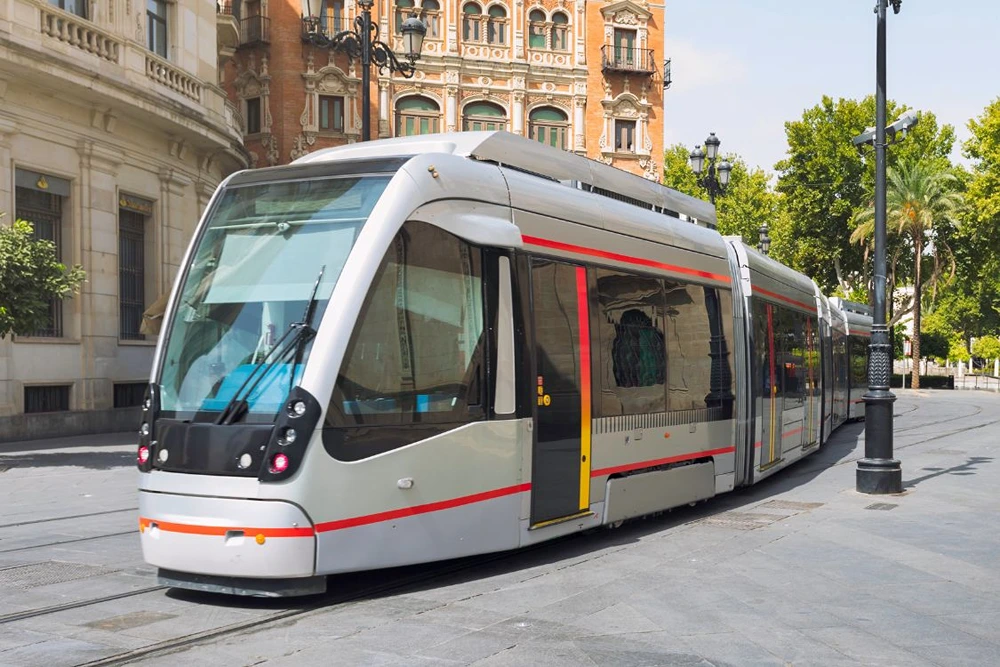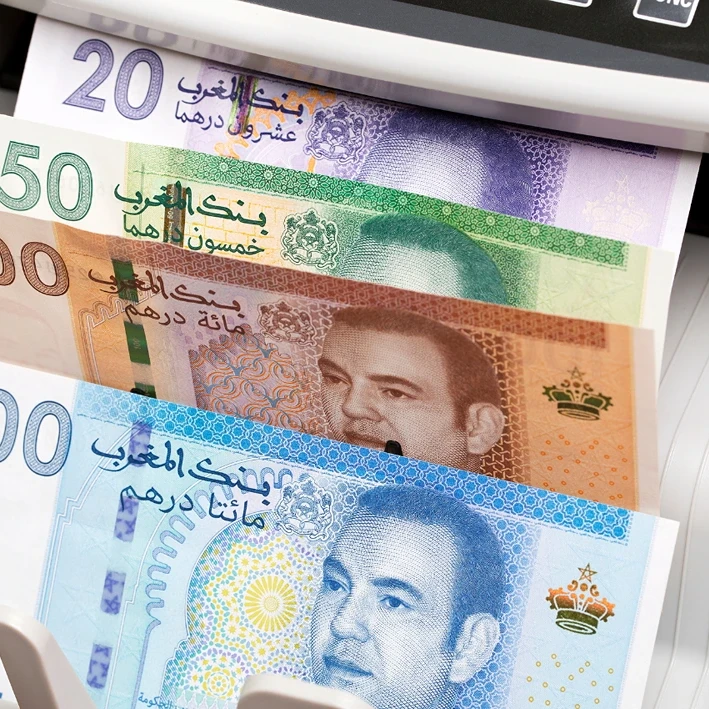Considering a move or extended stay in Spain? Understanding the nation’s money matters could make or break your budgeting experience. Spain uses the Euro, a stable yet fluctuating currency, critical for both visitors and expatriates in managing expenses effectively. With exchange rates impacting everything from groceries to rent, a clear grasp of Spain’s financial landscape is essential. This article delves into key insights on Spain’s currency, accommodation, and daily costs, equipping you with the knowledge to navigate your expenses seamlessly. Hazel Wall’s guide at Xpat Journeys empowers you to thrive financially in Spain’s diverse regions.
Table of Contents
ToggleUnderstanding Currency and Exchange Rates in Spain

Spain utilizes the Euro (€) as its official currency. This is a crucial aspect for both travelers and expatriates to comprehend, as it directly influences budgeting strategies. The Euro’s role extends beyond mere transactions; it is a significant element in planning for both short-term visits and long-term stays. Understanding the Euro’s value in relation to one’s native currency is vital for managing expenses efficiently and ensuring financial stability while in Spain.
- Economic Stability: Exchange rates fluctuate based on economic conditions, affecting purchasing power.
- Market Demand: High demand for Euros can strengthen its value, impacting conversion rates.
- Political Events: Changes in political climate can lead to exchange rate volatility.
- Travel Timing: Exchange rates can differ based on seasonal tourist influx, so timing can be crucial.
- Currency Exchange Services: Compare rates at banks and official exchange offices for the best deals.
Fluctuations in exchange rates can significantly alter travel costs. A stronger Euro means that visitors might find themselves spending more than anticipated on everyday expenses. Conversely, a weaker Euro can make travel more affordable, allowing for a more expansive itinerary. By staying informed about current exchange rates, travelers can better plan their budgets and take advantage of favorable currency conditions, ensuring a smoother financial experience in Spain.
Accommodation Costs Across Spain
Accommodation costs in Spain vary significantly depending on the city and region, influenced by factors such as local demand, tourism, and amenities. Major cities like Madrid and Barcelona command higher rent prices due to their economic significance and popularity among tourists and expatriates. Conversely, cities like Malaga offer more affordable options, appealing to those seeking a balance between cost and lifestyle.
Madrid
Madrid, as the capital city, has some of the highest rent prices in Spain. The cost of living in Madrid is driven by its status as a financial and cultural hub. A two-bedroom apartment in central areas can cost upwards of €1,800 per month, with prices rising based on proximity to amenities and public transport. The city’s vibrant lifestyle and job opportunities contribute to the high demand for housing.
Barcelona
Barcelona, known for its architectural beauty and Mediterranean allure, sees average rental costs slightly lower than Madrid, yet still significant. The influx of tourists and expatriates has propelled rent prices, with a two-bedroom apartment typically costing around €1,600 per month. The appeal of Barcelona’s beaches and cultural scene makes it a sought-after location, affecting the overall housing market.
Malaga
Malaga offers a more affordable alternative, with a two-bedroom furnished apartment averaging €1,550 per month. Known for its pleasant climate and relaxed lifestyle, Malaga attracts those looking for cost-effective living without sacrificing quality. The city’s lower living expenses, compared to Madrid and Barcelona, make it an attractive option for budget-conscious individuals and families.
| City | Average Rent |
|---|---|
| Madrid | €1,800+ |
| Barcelona | €1,600 |
| Malaga | €1,550 |
Daily Living Expenses in Spain

The general cost of living in Spain is relatively moderate compared to other Western European countries. However, expenses can vary significantly across different regions and cities. For instance, while metropolitan areas such as Madrid and Barcelona may have higher overall living costs, smaller towns and rural areas offer more affordability. Common daily expenses include transportation, dining, groceries, and utilities, each contributing to the overall financial landscape of living in Spain.
- Transportation: $25 per day for public transport, which includes buses, metros, and trains. This cost is indicative of regular commuting in major urban areas where public transport is widely used.
- Dining: €452.16 per month for two people. This figure reflects moderate dining habits, incorporating both eating out at local eateries and occasional restaurant visits.
- Groceries: €368.07 per month for two people. Spain benefits from affordable local produce, allowing residents to enjoy a variety of fresh ingredients at reasonable prices.
- Utilities: An additional €74.50 per month typically covers basic utilities such as electricity, water, and gas, though this can vary based on consumption and season.
- Phone: €48 per month for a mobile phone plan, which is essential for both personal and professional communication needs.
- Health insurance: €708 annually for private health coverage, essential for expatriates and residents not covered by Spain’s public healthcare system.
These costs can fluctuate depending on lifestyle choices and geographic location. Urban living often comes with a premium, especially in major cities, while rural areas can provide a cost-effective alternative. Additionally, personal preferences such as dining frequency, utility consumption, and transportation use will influence individual expenses. Understanding these variations helps in planning and managing daily expenses effectively when living in Spain.
Entertainment and Activity Costs in Spain
Entertainment and activity costs in Spain can vary widely based on individual preferences and the type of activities chosen. On average, entertainment expenses for two people amount to approximately €91.36 per month. This includes a mix of cultural, recreational, and leisure activities. While some activities come with entrance fees, many cultural experiences are accessible at affordable prices. It’s important for travelers and residents alike to budget for these costs when planning their time in Spain, as they can significantly enhance the overall experience.
- Admission to museums: €10-€15
- Cinema tickets: €9
- Guided tours: €30-€50
- Festival participation: Varies widely
- Outdoor activities: Free to moderate costs
Seasonal variations can influence the cost of entertainment and activities in Spain. During the off-season, which is the cheapest time to visit, prices for certain activities may decrease, offering more budget-friendly options for travelers. Additionally, many museums and cultural sites offer free or discounted entry on specific days, which can be a great way to experience Spain’s rich cultural heritage without breaking the bank. Planning ahead and taking advantage of these opportunities can help manage entertainment costs effectively while still enjoying the diverse offerings of Spanish culture.
Budgeting Tips for Living and Traveling in Spain

Budgeting is a critical component for anyone planning to live or travel in Spain, where the average daily cost for a budget trip is approximately $127 per person. One of the main challenges is balancing the desire to experience Spain’s rich cultural offerings with the need to manage expenses effectively. Seasonal variations, such as higher costs during peak tourist seasons, can also complicate budgeting efforts. However, by planning ahead and making informed choices, travelers and expatriates can enjoy Spain without overspending.
- Use public transport to save on commuting costs.
- Dine at local eateries for affordable meals.
- Visit during the off-season for lower accommodation rates.
- Take advantage of free or discounted museum days.
- Utilize budget travel apps and websites.
- Consider long-term rentals for extended stays.
Xpat Journeys offers valuable insights and travel planning resources that can enhance the budgeting experience in Spain. By leveraging their expertise, individuals can gain access to tailored advice, helping them navigate the complexities of budgeting for both short visits and long-term stays. This guidance is particularly beneficial for identifying cost-saving opportunities and ensuring that financial resources are allocated efficiently, making it easier to enjoy all that Spain has to offer.
Final Words
Navigating finances in Spain involves understanding currency fluctuations impacting the Money and Costs for Spain, while different cities present varied housing expenses. Madrid and Barcelona exhibit higher rent prices due to demand, whereas Malaga offers more affordable options. Travelers should anticipate diverse daily expenses with transportation, dining, and utilities as key considerations.
Entertainment costs also vary with seasons offering budget-friendly travel opportunities. Implementing budgeting strategies can ease financial pressures. Xpat Journeys provides valuable insights for expatriates aiming to manage their economics effectively in Spain, fostering a seamless transition and enjoyable experience.
FAQ
How expensive is Spain to visit?
A: Spain’s cost can vary. Average daily expenses for budget travelers are around $127. Visitors typically spend $889 for a week, emphasizing careful budgeting to manage accommodation, dining, and activities.
How much money do you need for Spain?
A: Budget around $127 per day, covering accommodation, food, and transport. Adjust based on preferences for shopping or premium dining. Plan for potential fluctuations in exchange rates impacting overall expenses.
How much money should I take to Spain for two weeks?
A: For two weeks, consider a budget of approximately $1,778 per person. This estimate includes accommodation, dining, transport, and activities with room for unexpected expenses or additional activities.
Cost of living in Spain for a single person?
A: A single person might spend around €800-€1,200 monthly, including rent, groceries, transportation, and utilities. Costs vary by location; urban areas like Madrid and Barcelona are typically more expensive than rural regions.
How much does it cost to go to Spain for one week?
A: Expect to spend around $889 for a week, encompassing accommodation, meals, transport, and attractions. This budget is for moderate spending; adjust based on personal preferences for luxury or budget experiences.
Monthly cost of living in Spain?
A: Monthly living costs in Spain range from €1,500 to €2,000. Rent, groceries, dining, and utilities comprise major expenses. Urban centers like Madrid or Barcelona are costlier than smaller towns or rural areas.
Average food cost in Spain per day?
A: Daily food expenses in Spain average €15-€25. Cooking at home reduces costs, while dining out, particularly in tourist areas, increases the budget. Local markets offer affordable and fresh produce options.
Hazel Wall is a passionate traveler, writer, and explorer dedicated to sharing her experiences and insights with fellow adventurers. With a background in journalism and a deep love for discovering new cultures, Hazel has journeyed across continents, immersing herself in diverse landscapes and traditions.





